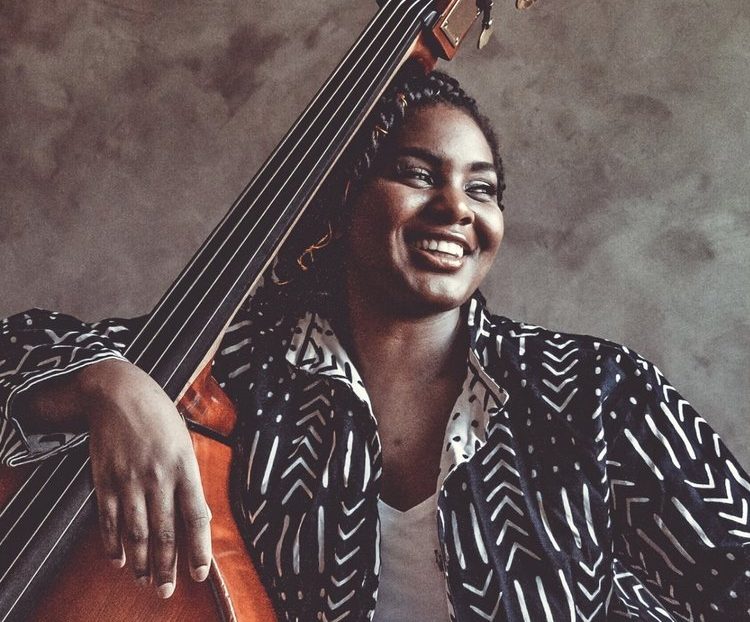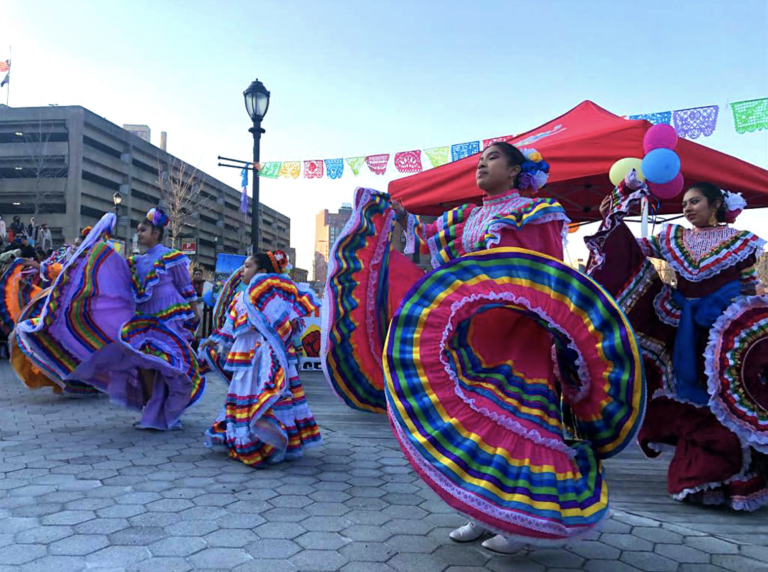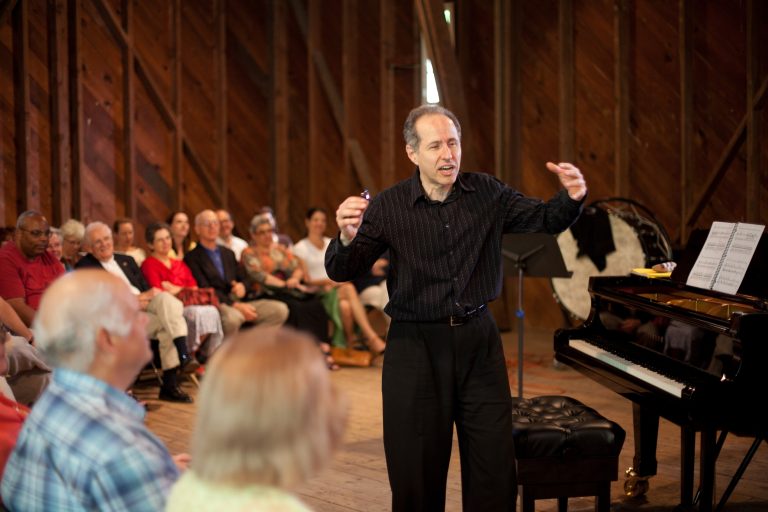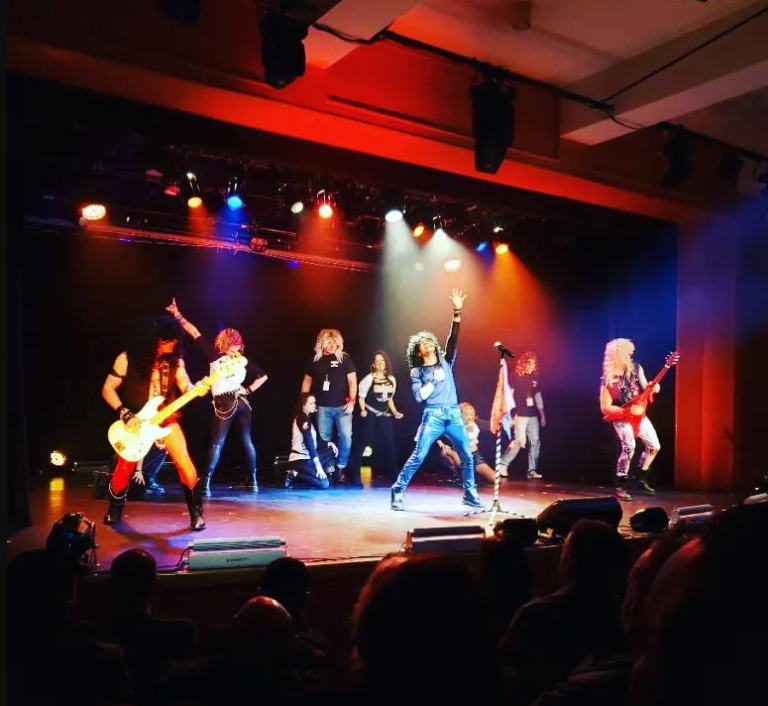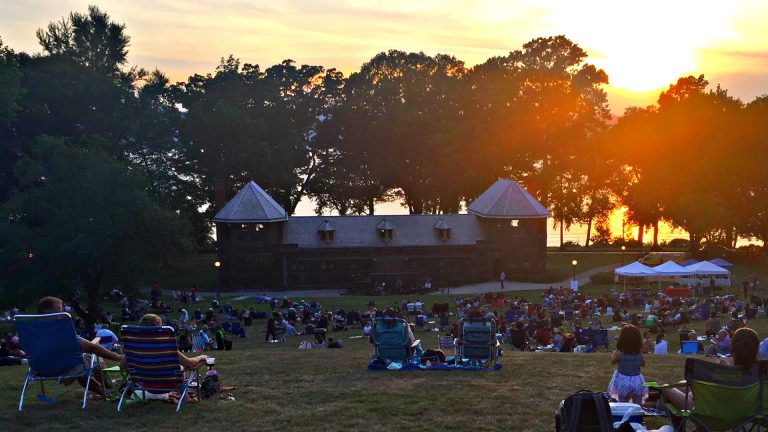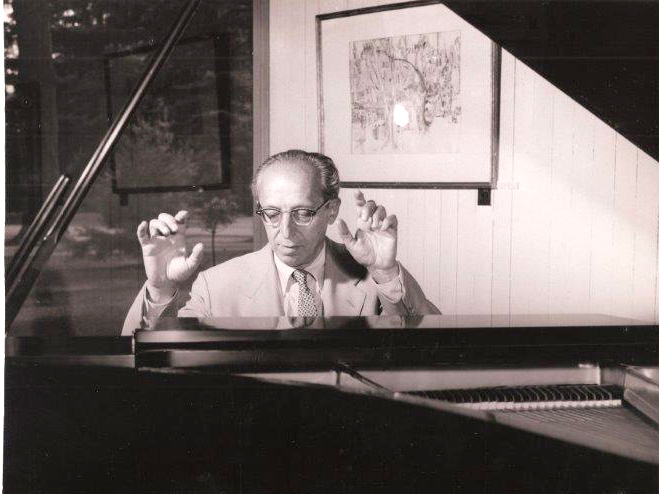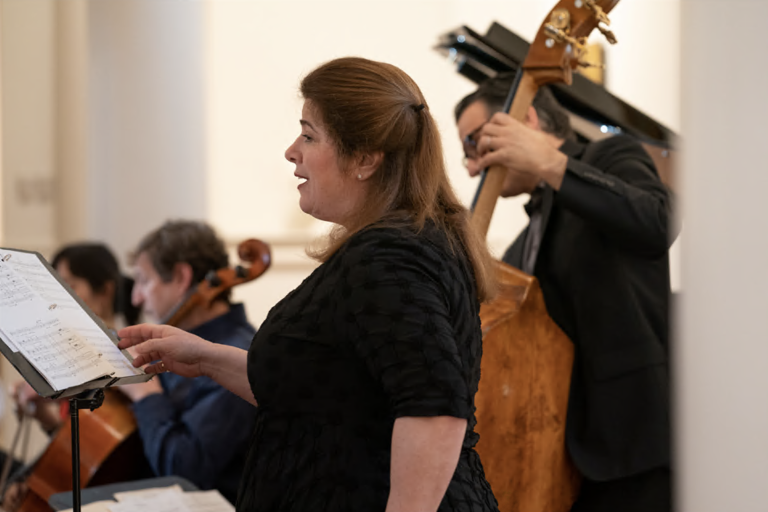[Essay] Endea Owens: An Emblem of Positivity
[Editor’s Note]: Jazz vocalist Andromeda Turre has a wealth of knowledge about the jazz world. Her “Growing Up Jazz” is an educational program that looks at American history through the lens of jazz. Aside from her solo performances, she is a founding member of HERA, a collective of women musicians along with Endea Owens, who will perform with her band The Cookout during JazzFest White Plains on September 10. I asked Andromeda to interview her bandmate before the festival. They chatted about Endea’s upbringing, debut album, Community Cookout organization and upcoming JazzFest White Plains performance.
It can sometimes be easy to forget how incredible some people are when you are close to them, but in the case of Endea Owens, I am constantly in awe. I had the privilege of meeting Endea several years back when she was still a student at The Juilliard School. Despite her youth, she was already gracing the stage alongside jazz legends in New York City. Now she will bring her rhythms to the JazzFest White Plains stage as part of this year’s outdoor event on September 10, the culminating event of the five-day festival. Endea Owens & the Cookout are part of the rich tapestry of jazz being offered that day on Mamaroneck Avenue between Martine Avenue and Main Street.
On July 4, 2020, in the midst of the Covid-19 pandemic, Endea ventured outside of her home and created a movement. Amidst the challenges of the pandemic, she orchestrated the first Community Cookout on 125th St. between Lexington and Park Aves. in NYC. There, Endea not only treated an audience of passersby to a soulful performance, she provided 200 meals to those in need as well. People from all walks of life formed a long line, and after she ran out of food, Endea began giving people money out of her own pocket. It was then that she realized the staggering level of need, propelling her to commit to holding these cookouts every month throughout the height of the pandemic. Endea’s humble beginnings have driven her to give back. Although she presently enjoys her position as in-house bassist on The Late Show with Stephen Colbert, she is acutely aware of the insecurity that stems from lacking essentials like gas, water and electricity. Having faced periods of homelessness and a lack of safety nets herself, she understands firsthand the struggles many face.
In addition to feeding people’s stomachs at the Community Cookout, she fed their souls with her music, reintroducing live jazz to the streets of Harlem, a place steeped in its rich history. Endea recalls that the music triggered nostalgia in older listeners, who reminisced about memories of jazz in Harlem’s yesteryears. For others, the music conjured an emotional response, reminiscing on days spent with parents and loved ones who now reside only in memory.
Yet it was the youngest members of the audience who Endea says breathed new life into her movement. Eagerly participating as volunteers, community kids pitched in to distribute food, tidy up and even experiment with musical instruments, many of which they had never encountered before. Their boundless gratitude for not being forgotten was palpable – one child, she says, even thanked her “because everyone seems to forget about us.” The opportunity to engage in new experiences with the younger generation drew exceptional musicians to perform with Endea time and time again during the Cookout, creating a harmonious cycle of inspiration.
When she was a kid herself, and ever since, music was both a guiding force and a distraction for Endea. She began her musical journey with piano, then transitioned to violin before finally settling into the bass.
Each of these musical engagements served as a conduit for divine presence within Endea. Now she channels that same presence to bring a healing force to her listeners. She refers to music as “a spirit that comes over [her]” and” something that lifts [her] so much.”
After experimenting with other instruments, it was the bass that really captured her: “[Bass] was always an escape for me. Like nothing that was happening in my surroundings really existed.”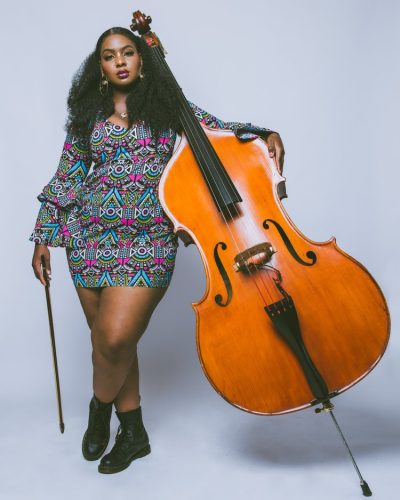
Endea had only composed a few tunes in her life before she began to embark on producing her first album, Feel Good Music. After enduring what Endea describes as years of industry challenges, instances of marginalization and disrespect, her unwavering belief in the potential for transformative musical experiences guided her to take matters into her own hands.
“I decided to create my own lane…that was me writing my own music, and that was me starting my own band…A lot of people will tell you how you’re supposed to record or how you’re supposed to make your album… People were telling me ‘okay, do all standards,’ which is no problem… but I want to have my story on my album.”
Going against the advice of many who recommended she put forth a project of jazz standards for her first release, she instead produced an album of all original music, allowing her to tell her story.
With her, she brought sounds from everything she grew up listening to – aspects of funk, gospel, West African rhythms, ballads, the blues, swing, and even some odd-meter inspiration drawn from Herbie Hancock and Chick Corea. The album is slated for release this Friday, with JazzFest White Plains being her first performance after its release. The aptly titled “Feel Good Music” Is a tapestry of Black culture, and a testament to Endea’s Detroit roots. It shows a maturity in her relationship with music: a personal transition from her recognition of music as an escape, to creating an escape for herself and others through her compositions and performances.
The album goes beyond music; it delivers a message of resilience and perseverance. Tracks like the title track, “Feel Good,” spark a delightful toe-tapping, shoulder swaying experience for the listener. Equally impactful is her composition “For the Brothers (for the people),” which was written as a reaction to the tragedy of Trayvon Martin’s unjust death. While the inspiration for the composition is rooted in heartbreak, it transformed into an emblem of positivity, radiating empowerment for Black men and boys, and stirring audiences to dance with unbridled joy.
Endea says that positive mental health is something she and the band want to help people achieve. She explains: “Being in this world while everything around us seems to be falling is a huge thing, so I want people to know that it’s okay to be happy, even within that hour if that’s all that they can actually do. And for people who are struggling with life, they can be in the audience and cry and get those emotions out. Whatever you’re feeling, it’s totally okay, and a lot of us (in the band) have already felt that.”
Her hallmark is the sense of community that she carries with her wherever she goes, and this spirit is what she promises to bring to JazzFest White Plains on September 10. Of the upcoming performance, she says:
“I just want everyone to really have a great time, be happy and just have a little lift within their lives so they can get a little bit of strength to keep going. And pass that on to the next person.”
A beacon of hope and an embodiment of resilience, Endea Owens’s Feel Good Music is exactly what we need today.
For more info on JazzFest White Plains, visit artsw.org/jazzfest and follow #WPjazzfest.
You May Also Enjoy:

